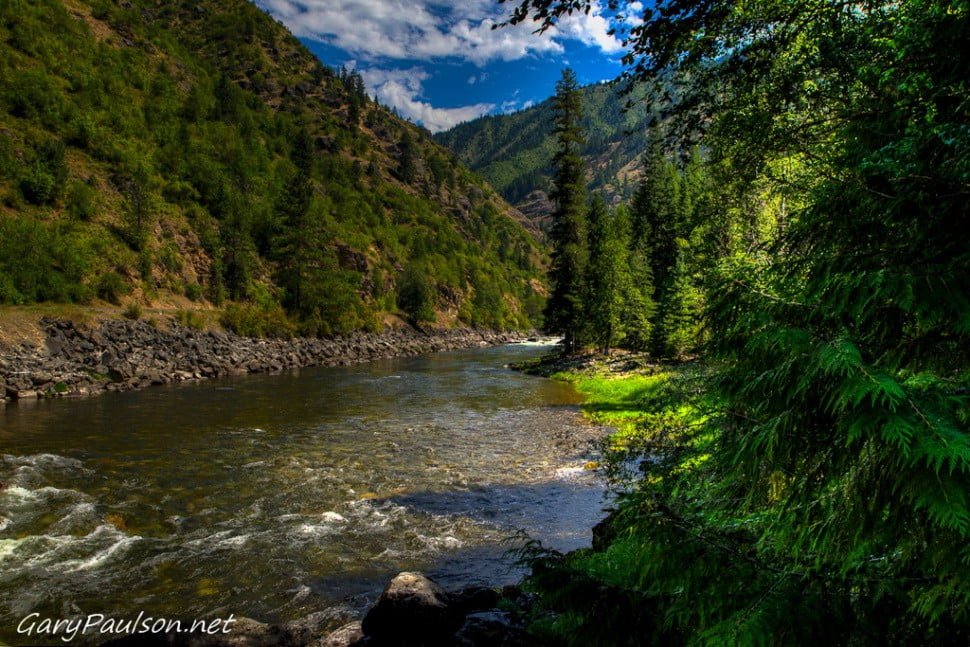
Longer days and warmer temperatures herald the return of spring to the Oregon coast, and Oregon Parks and Recreation Department (OPRD) reminds visitors to be safe while exploring the shoreline. The Oregon coast offers just over 360 miles of coastline to explore and capture imaginations.

“People are so excited for the spring sunshine that sometimes safety takes a back seat,” says Lisa Stevenson, OPRD beach ranger. “But preparation and common sense go a long way to keeping you safe on the coast.”

Stevenson lists several tips for ensuring your trip to coast is a safe one:
- Always keep one eye on the ocean so you won’t be caught off guard if a bigger wave surges up the beach. These “sneaker waves” are unpredictable, powerful and especially dangerous for children.
- Stay away from logs on the wet sand or in the surf. These logs can weigh several tons and can be moved by only a few inches of water. The ocean is strong enough to pick up even the biggest log and roll it over you.
- Be careful on cliffs and rocks. They can be unstable due to erosion. Stay on marked trails and do not climb over fences. Both are there to keep you safe.
- Know when the tide is coming in, especially when exploring tide pools. It’s easy to become stranded by the incoming tide when your attention is elsewhere. You can keep track of tides with a tide table; pick one up for free at an Oregon State Park or at many coastal businesses.
- Be wary of rip currents; the fast-moving water channels can quickly carry even the strongest swimmers away from shore. If you’re caught in a rip current, stay calm! Rip currents are narrow channels of water; swim parallel to the shore to escape them, then swim back to land at an angle.
- Ocean water temperatures can still be chilly, despite the higher temps on land. Don’t overextend your ocean swim, especially during evening hours. Periodically return to the beach to dry off and warm up.
For more Oregon coast safety information, watch the new Cape Kiwanda State Park safety video.
https://capekiwandarvresort.com/

